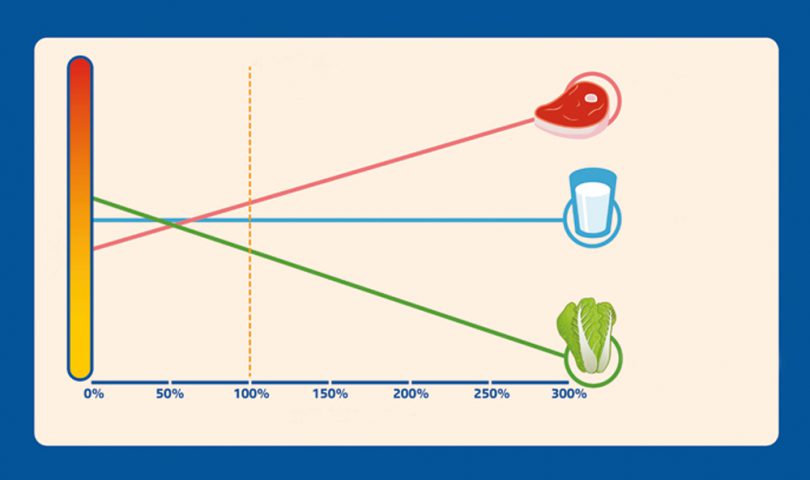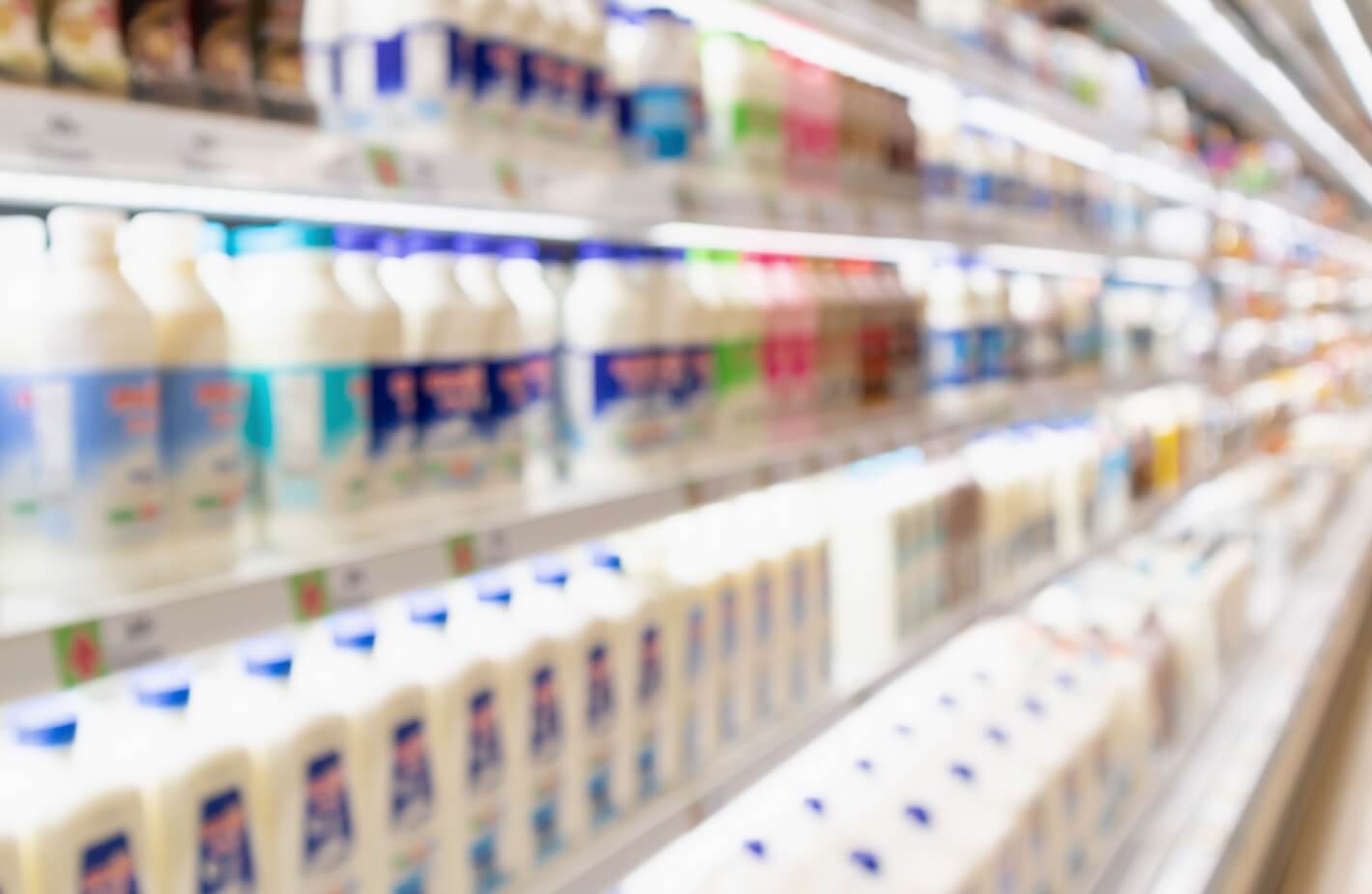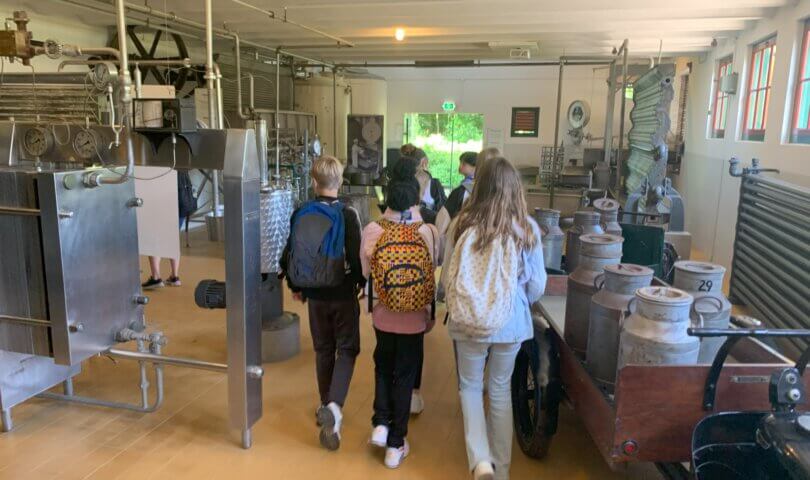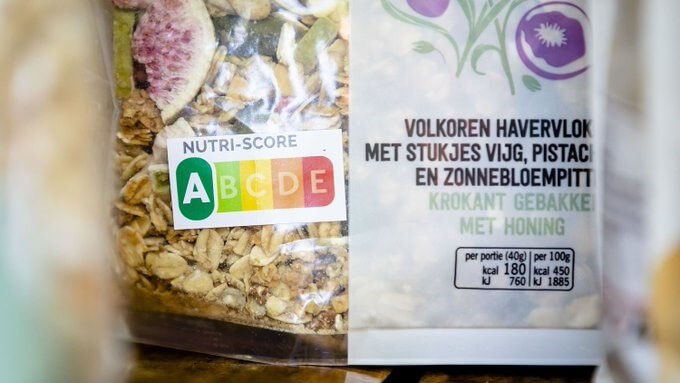

Nutrition
News overview“Sustainable and healthy diets: continue to opt for dairy and eat more vegetables and fruit”
In November, the Health Council of the Netherlands presented its new nutritional guidelines, which detail what a healthy and sustainable diet looks like. The Health Council advises that we “eat less meat, keep dairy consumption at its current levels, and eat more vegetables and fruit.” Despite this advice, many nutritionists still believe that limiting dairy is better for the environment. According to Dr. Stephan Peters of the Dutch Dairy Association (NZO), this belief is incorrect.
At the New Year’s Café on the transition towards more sustainable diets, held at Schuttelaar & Partners in Nieuwspoort, Dr. Stephan Peters demonstrated how replacing dairy in the average Dutch diet offers little to no benefit to the environment. Dairy contains a high concentration of nutrients. If you remove dairy from the diet, it must be replaced by other products which have similar levels of nutrients. Those products that would be adequate substitutes, however, impact the environment as much as dairy.
The NZO commissioned Blonk Consultants to investigate this issue using Optimeal, a program developed by Blonk Consultants and the Netherlands Nutrition Centre. Blonk concluded that very little environmental benefits are achieved by substituting dairy in the average Dutch diet. “If you want a more sustainable and healthy diet, you need to eat more vegetables, fruit, wholegrain cereals, and continue to opt for dairy. Substituting dairy achieves no environmental gains.”




